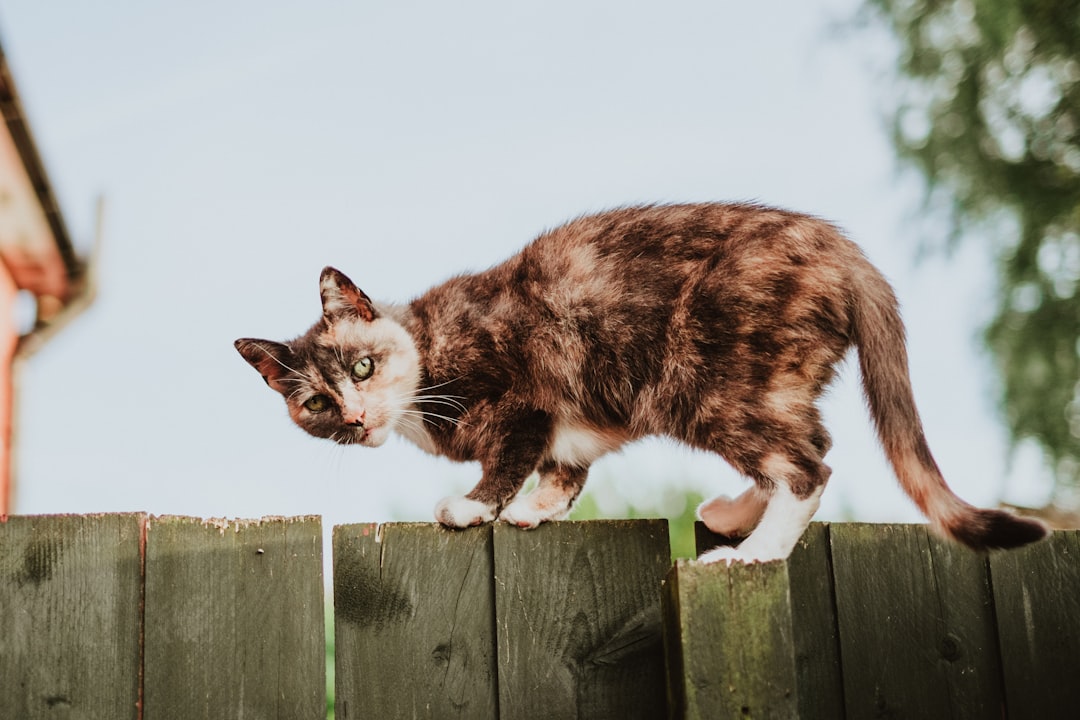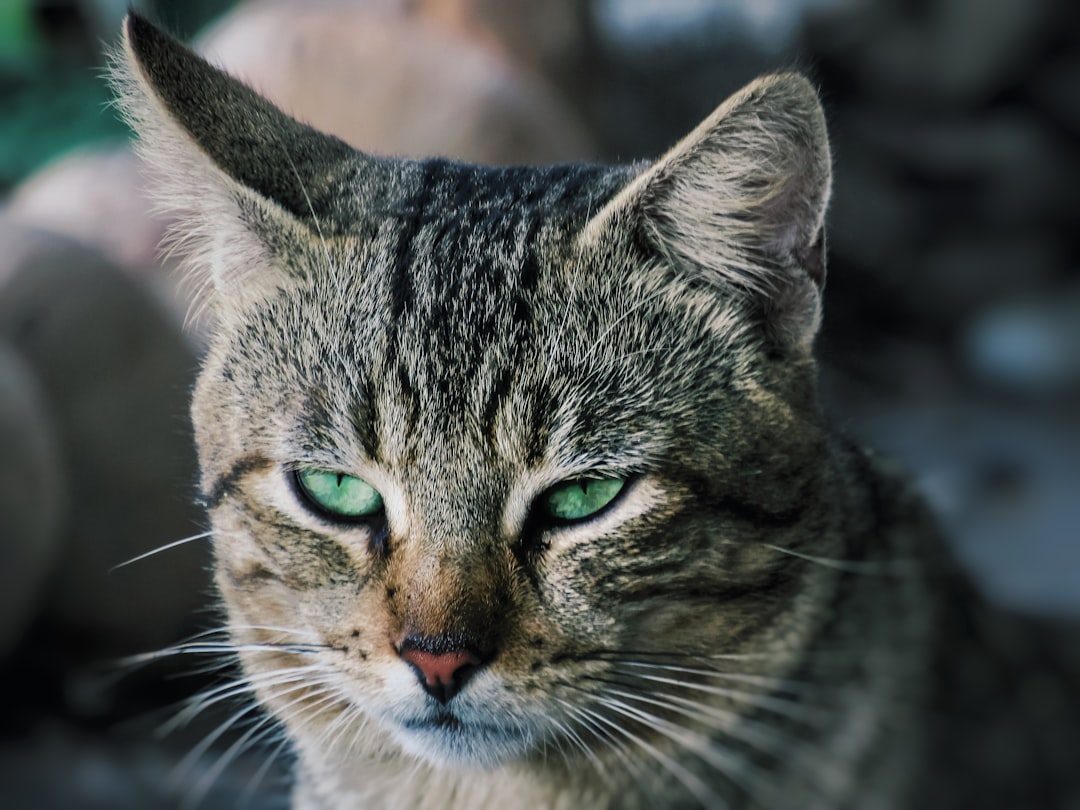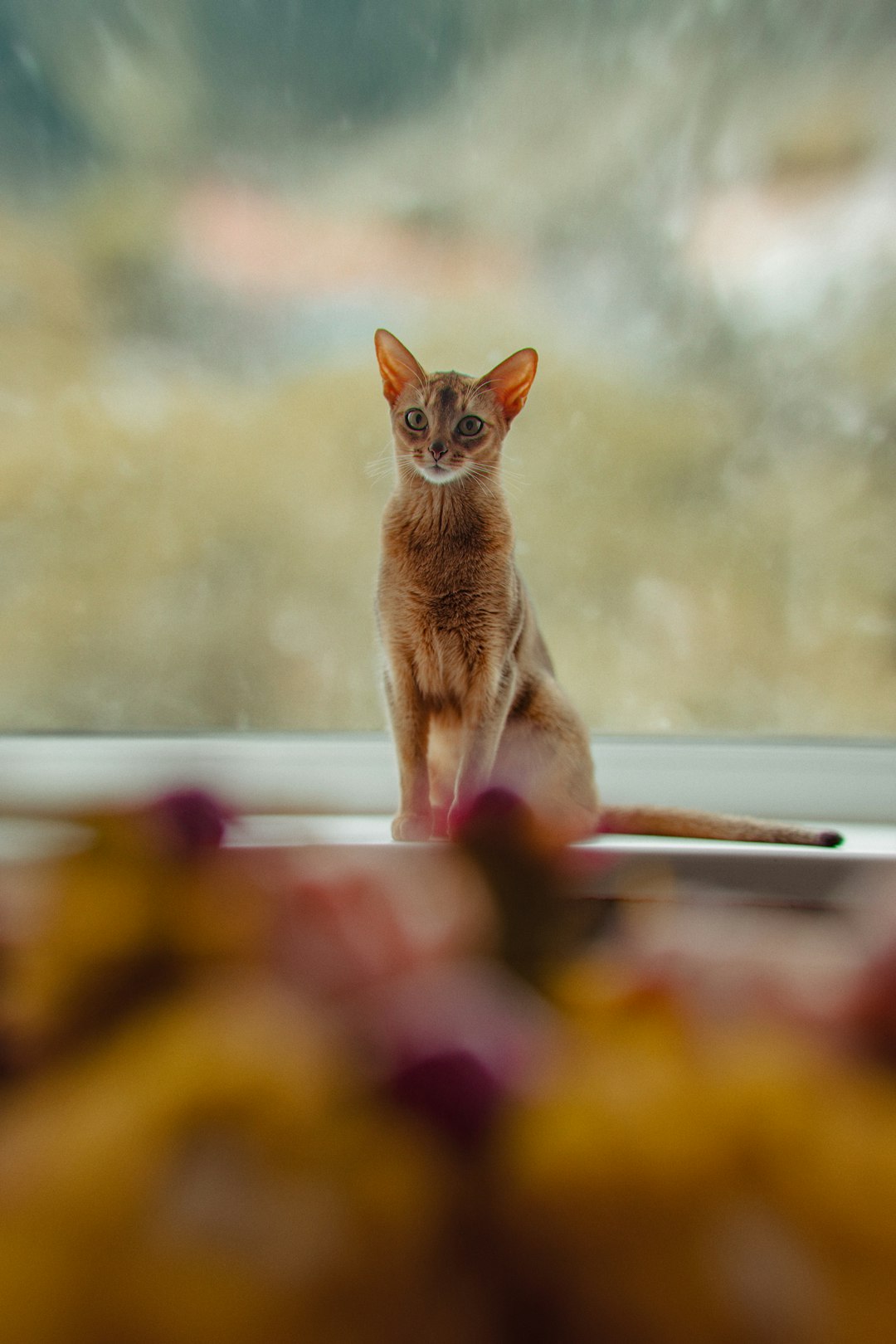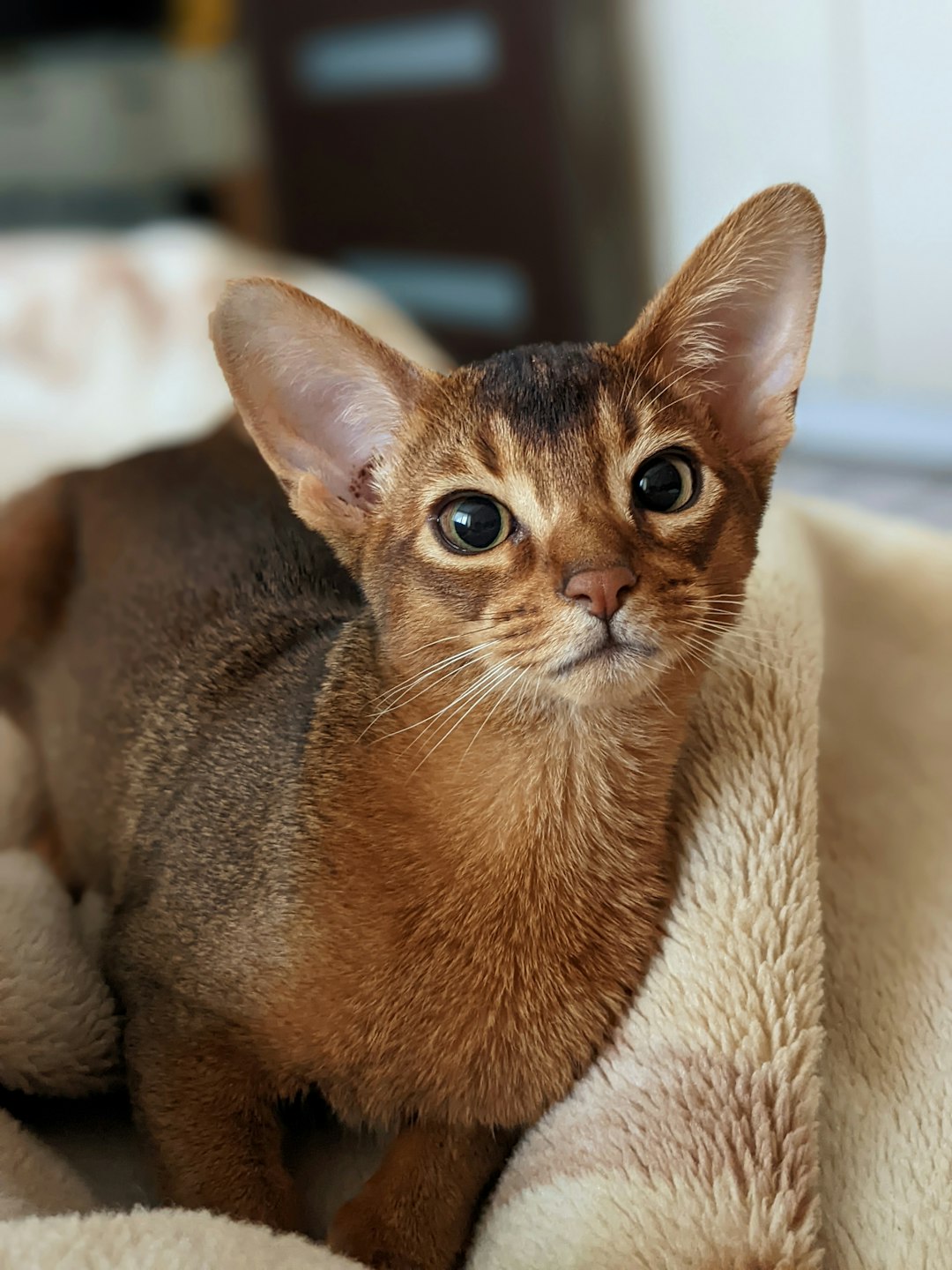Orange kittens capture the hearts of many with their vibrant color and playful demeanor. Understanding the unique traits of these charming felines is crucial for providing them with the best possible care. From essential nutrition guidelines to socialization and training tips, each aspect plays a significant role in nurturing a healthy and happy orange kitten. Moreover, knowing common health issues and creating a safe environment can enhance their well-being. Dive deeper into the fascinating world of orange kittens and discover how to support their growth and development effectively.
Understanding the Unique Traits of Orange Kittens
Orange kittens possess distinctive traits that endear them to many cat lovers. Here are some fascinating aspects of their character and appearance:
Coloration: The vibrant orange coat can vary from light cream to deep orange, often with patterns such as tabby stripes and spots. These patterns add to their charm.
Playful Nature: Known for their energetic demeanor, orange kittens often exhibit playful behaviors. They enjoy interactive play, keeping both themselves and their families entertained.
Affectionate Companions: Many owners note that orange kittens tend to be more social and affectionate. They frequently seek attention and love to cuddle, making them ideal family pets.
Curiosity: These kittens display a curious disposition, eager to explore their surroundings. Engaging them with toys that stimulate their curiosity can enhance their learning and playtime.
In summary, the orange kitten’s unique traits—vivid coloration, playful demeanor, affectionate nature, and curiosity—make them delightful companions. Whether you are a new pet parent or considering adding one to your family, understanding these traits can help you appreciate your orange kitten even more!

Essential Care Tips for Your Orange Kitten
Caring for your adorable Orange Kitten requires attention and love. Here are some essential tips to ensure your furry friend thrives:
- Diet: Provide a balanced diet formulated for kittens. Look for high-quality kibble or wet food rich in proteins and essential nutrients.
- Hydration: Always provide fresh water. Orange Kittens often enjoy drinking from a pet fountain, which encourages them to hydrate.
- Litter Box: Ensure a clean litter box at all times. Place it in a quiet, easily accessible area, and scoop daily.
- Playtime: Engage your Orange Kitten with interactive toys. Playtime boosts physical health and strengthens your bond.
- Regular Vet Visits: Schedule routine check-ups for vaccinations and health assessments. This ensures your kitten remains healthy.
- Safety: Kitten-proof your home by removing dangers such as small objects, toxic plants, and electrical cords.
By implementing these care tips, you set the foundation for a happy and healthy life for your Orange Kitten. Remember, each kitten has its own personality, so stay observant and adjust care practices as needed!
Feeding Your Orange Kitten: Nutrition Guidelines
Feeding your Orange Kitten involves understanding their nutritional needs to ensure optimal growth and health. Here’s a simple guideline to follow:
Nutritional Basics
- Protein: Essential for growth, muscle development, and energy.
- Fats: Provides energy and supports healthy skin and a shiny coat.
- Vitamins & Minerals: Important for overall health and immunity.
Recommended Diet
| Type of Food | Description |
|---|---|
| Kitten Chow | A balanced formula rich in proteins and fats tailored for kittens. |
| Wet Food | Helps provide hydration; look for options with high meat content. |
| Royal Canin Kitten | Formulated specifically for growing kittens like your Orange Kitten. |
Feeding Schedule
- Kittens aged 8 weeks to 6 months: Feed 3-4 small meals a day.
- Kittens aged 6 months to 1 year: Transition to 2-3 meals daily.
In addition, always provide fresh water, as hydration is crucial for your lively Orange Kitten. By adhering to these guidelines, you can support your kitten’s health and happiness effectively!
Grooming Needs of Orange Kittens
Grooming is an essential aspect of caring for your Orange Kitten. Regular grooming keeps their coat healthy and shiny while strengthening your bond. Here’s what you need to know:
Brushing Frequency:
- Short-haired Orange Kittens: Brush at least once a week.
- Long-haired Orange Kittens: Brush daily to prevent matting.
Bathing:
- Generally, your Orange Kitten doesn’t need regular baths. However, if they get into something messy, use a mild cat shampoo.
Nail Trimming:
- Trim their nails every 2-3 weeks to prevent overgrowth and injury.
Ear Cleaning:
- Check and clean your Orange Kitten’s ears weekly. Use a vet-recommended cleaner to avoid ear infections.
Dental Care:
- Brush their teeth regularly with cat toothpaste to promote oral health.
By following these grooming tips, you ensure a happy, healthy Orange Kitten who feels loved and cared for!

Socialization and Training Tips
Socializing and training your Orange Kitten is crucial for developing a well-rounded companion. Here are some effective tips to guide you:
Start Early: Begin socializing your Orange Kitten from a young age. Introduce them to various environments, sounds, and people to promote confidence.
Positive Reinforcement: Use treats, praise, and playtime to reward good behavior. This encourages your kitten to associate training with fun.
Gentle Playdates: Arrange for playdates with other friendly animals. This helps your Orange Kitten learn appropriate social skills, like sharing and trusting others.
Consistent Routine: Establish a consistent schedule for feeding, playtime, and training. This structure helps your Orange Kitten feel secure and understand expectations.
Short Training Sessions: Keep training sessions brief but frequent—around 5-10 minutes. This approach prevents boredom and maintains their attention.
By actively socializing and training your Orange Kitten, you foster a happy, well-adjusted pet, ready to explore the world with you!
Common Health Issues in Orange Kittens
Owning an Orange Kitten brings joy, but it’s essential to be aware of potential health issues. Understanding these common ailments can help you provide the best care possible. Here’s what every owner should know:
- Obesity: Due to their playful nature, Orange Kittens can overeat. Watch their diet closely and provide controlled portions.
- Dental Disease: Regular dental care is crucial. Brush your kitten’s teeth frequently to prevent plaque buildup.
- Feline Lower Urinary Tract Disease (FLUTD): This condition affects bladder health; ensure your Orange Kitten stays hydrated and has access to clean litter.
- Respiratory Infections: Kittens are prone to these infections. Keep them indoors and monitor for sneezing or coughing.
- Parasites: From worms to fleas, ensure your kitten has periodic vet check-ups for preventive treatments.
By staying vigilant and scheduling regular veterinary visits, you can help maintain your Orange Kitten’s health and happiness. Remember, a little knowledge goes a long way in ensuring your furry companion leads a long, healthy life.
Understanding the Personality of Orange Kittens
Orange kittens are known for their unique and vibrant personalities. However, it’s essential to understand the traits that make them special. Here are some key characteristics of the orange kitten:
- Playful: Orange kittens have an endless supply of energy and love to engage in playful activities. They enjoy toys, climbing, and exploring their surroundings.
- Affectionate: These kittens often form strong bonds with their owners and thrive on human interaction. They are likely to snuggle and purr contently in your lap.
- Curious: An inherent curiosity drives orange kittens to investigate their environment. They often find themselves in amusing situations as they explore new sights and sounds.
- Sociable: Most orange kittens tend to be friendly, making them great companions for families and other pets.
| Trait | Description |
|---|---|
| Playfulness | Engages in playful activities |
| Affectionate | Forms strong bonds with humans |
| Curious | Explores surroundings eagerly |
| Sociable | Friendly with people and pets |
By understanding these traits, you can provide better care and training for your orange kitten, enriching their lives and yours!

Creating a Safe Environment for Your Orange Kitten
Ensuring a safe environment is crucial for the well-being of your Orange Kitten. Here are some key steps to create a secure space:
Kitten-proof your home:
- Remove toxic plants, such as lilies and philodendrons.
- Ensure all small objects that can be swallowed are out of reach.
Designate a Safe Space:
- Set up a cozy area with a bed, litter box, and toys for your Orange Kitten. This provides comfort and a sense of security.
Secure windows and balconies:
- Use screens to prevent falls or escapes, especially since Orange Kittens are naturally curious.
Keep electrical cords hidden:
- Use cord organizers to reduce the risk of chewing, which can be dangerous.
Supervise interactions:
- Keep an eye on your Orange Kitten around children and other pets to avoid accidents.
By following these guidelines, you’ll create a safe, nurturing environment where your Orange Kitten can thrive and explore confidently!
Frequently Asked Questions
What are the best care tips for an orange kitten?
Caring for an orange kitten involves several important steps to ensure their health and happiness. Provide a balanced diet featuring high-quality kitten food packed with essential nutrients. Regular vet check-ups, vaccinations, and deworming treatments are crucial. Create a safe and stimulating environment with plenty of toys and scratching posts to promote physical and mental activity. Furthermore, ensure access to fresh water and proper litter box maintenance. Regular grooming, particularly for long-haired kittens, is also important to prevent matting and reduce shedding.
What is the typical personality of orange kittens?
Orange kittens are often known for their playful and affectionate personalities. They tend to be social and friendly, enjoying interaction with both humans and other pets. Many orange kittens exhibit a curious nature, exploring their surroundings with enthusiasm. They can also be quite vocal, expressing their needs and desires through meowing. Additionally, studies suggest that orange cats, in general, may exhibit more canine-like behaviors, craving companionship and attention from their owners. However, individual personalities can vary greatly based on factors such as breed and socialization.
How much exercise does an orange kitten need?
Exercise is vital for the health and well-being of an orange kitten. Generally, they should have at least 20 to 30 minutes of active playtime each day. This can include interactive play with toys, such as feather wands or laser pointers, which help to mimic hunting behavior. Providing climbing structures, such as cat trees, allows them to exercise their natural instincts and keep their muscles toned. Social play with other pets can also be beneficial. Regular exercise helps prevent obesity and encourages mental stimulation, which is essential for a kitten’s development.
Are orange kittens more prone to any specific health issues?
While orange kittens do not have a higher incidence of health issues based on color alone, certain breeds that are commonly orange, such as the Domestic Shorthair or Maine Coon, may be predisposed to specific conditions. For example, Maine Coons are known to be more prone to hypertrophic cardiomyopathy, a heart disease. It’s essential to maintain regular veterinary visits for early detection and treatment of potential issues. Monitoring their diet, weight, and overall behavior can also help catch any health concerns early.



